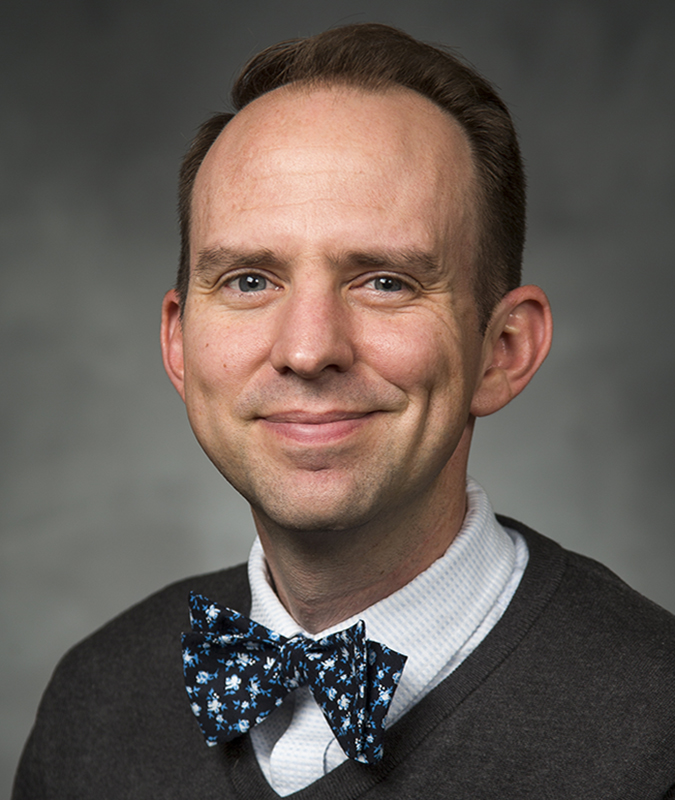
Brian Croxall
Associate Research Professor
1163D JFSB
Research Areas:
American studies, Digital humanities, Twentieth century, Twenty-first century
Put simply: in each class I teach, I want my students to wrestle with questions that I do not yet know the answer to. We experiment by mapping novels, looking at every frame of a film at once, or counting character interactions within 18 thousand comic strips. And then I try something else. I am fanatic about improving as a teacher, and I hold myself accountable for past performance by publishing every teaching evaluation I’ve ever received. My research falls into a broad range of activities called digital humanities. I tell people this means that I use a computer to read poems, map novels, and understand network relations in comic strips. But it also means I think about computers, computational processes, and computational culture (from social media to memes, from games to GIFs) using the tools and patterns of thought that we often bring to literature, filmed, and art. I collaborate with faculty across the College of Humanities. To cite three examples, this means collecting oral histories of the survivors of the Cambodian genocide; exploring depictions of the Wounded Knee massacre by Native American journalists; searching through 100 years of French linguistics to understand what “standard French” might be. My most recently published co-edited book considers digital humanities pedagogy, and my previous co-edited volume was about steampunk, a science fiction subgenre that imagines computers were invented in the nineteenth century. I am now working on a co-edited volume about the intersections of teaching and text encoding. Universities grew out of medieval monasteries and convents, which might explain why so many academics like being left alone. To resist this, I dedicate significant time connecting with and enabling the work of others in my field. Over the last decade, I served on the boards of the Modern Language Association (MLA), the Association for Computers and the Humanities (ACH), and the Alliance of Digital Humanities Organizations (ADHO). Locally, I help organize the annual Digital Humanities Utah. – Secretary (elected), Alliance of Digital Humanities Organizations (2017-2021)Teaching Experience
Research
Selected Publications
Edited Books
Edited Issues
Chapters
Articles
Service
Citizenship assignments
– Program Committee (appointed), Modern Language Association (2019-2022)
– Delegate Assembly (elected), Modern Language Association (2018-2021)
– Executive Council (elected), Modern Language Association (2014-2018)
– Executive Council (elected), The Association for Computers and the Humanities (2013-2017)
– Committee on Information Technology (appointed), Modern Language Association (2011-2014)Professional Website